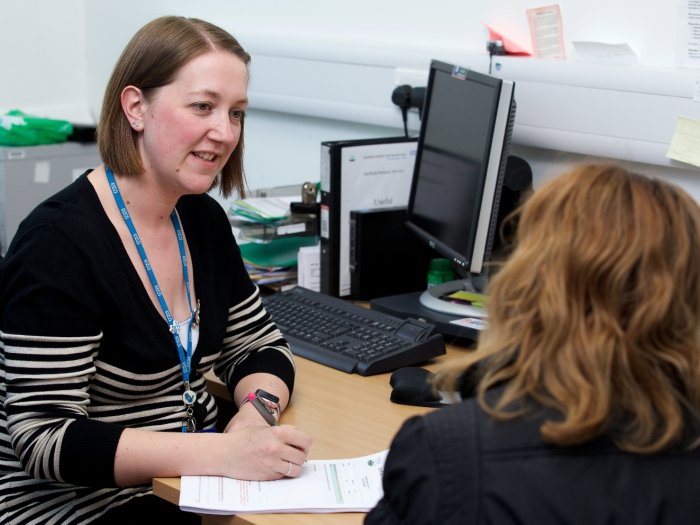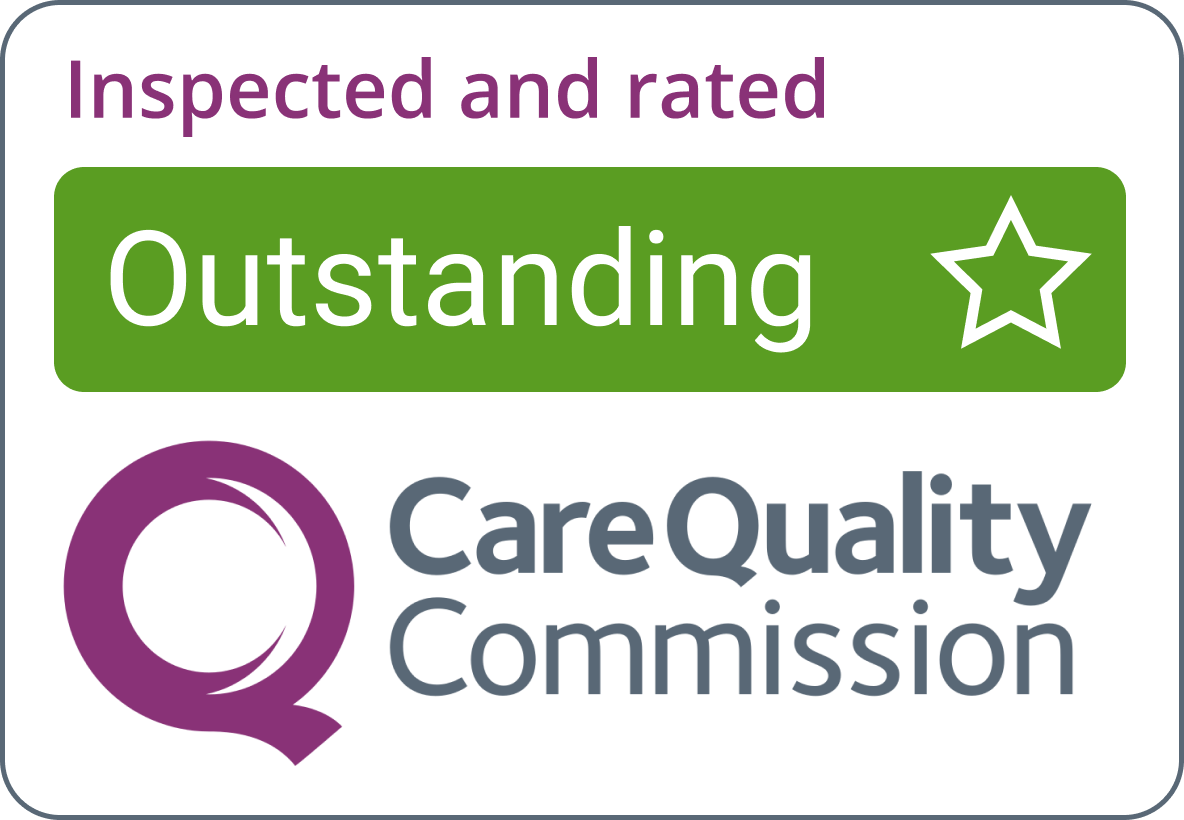Who are we?
The Memory Service offers specialist assessment, diagnosis, treatment and post diagnostic signposting which may include psychosocial interventions and education for people over age 65. The support we provide can be varied and is based on your individual needs.
We’re very proud to have been accredited as ‘excellent’ by the Royal College of Psychiatrists Memory Services National Accreditation Programme since 2013. We have also been awarded the Sustainable Mental Health Service Commendation in 2019.
The team is based in the Longley Centre at the Northern General Hospital and appointments with the service are carried out within the service.
Our team is made up of nurses, occupational therapists, support workers, doctors, psychologists, administration staff and auxiliary staff.
For many of our service users, supporters (next of kin, friends, carers) play a huge role in their lives and we understand how difficult that can be.
We offer a range of advice and information to ensure that you have everything you need to continue to support your loved one with confidence. We work collaboratively with the voluntary sector and third party organisations
How is the service accessed?
If you are experiencing memory problems and would like to access our service you will need to visit your GP for a referral as we do not accept self-referrals. You may be referred through liaison psychiatry, neurology and geriatrics if you have been in general hospital.
All referrals should be made directly to the Older Adults Community Mental Health Team.
You can take a look at our service eligibility and selection criteria here.
The Memory Service can also be accessed by people living outside of Sheffield.

